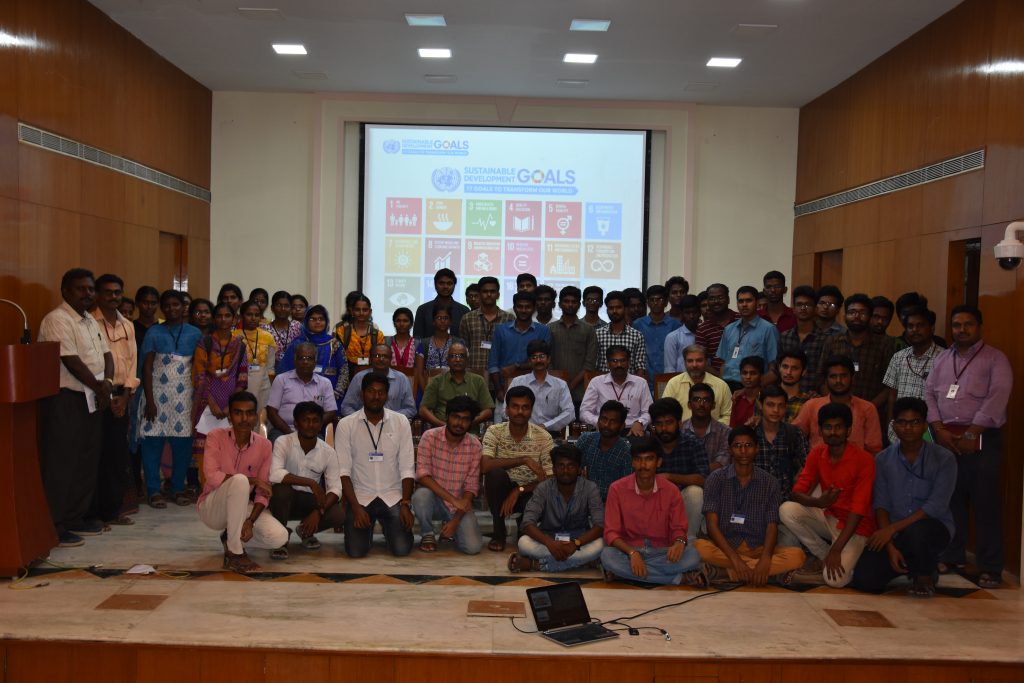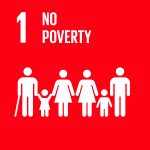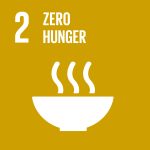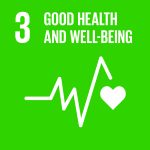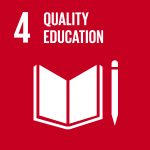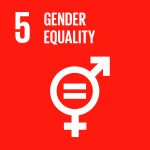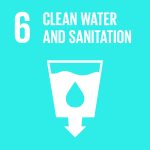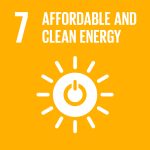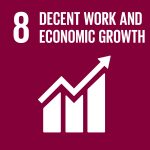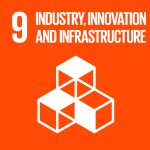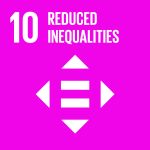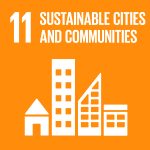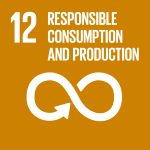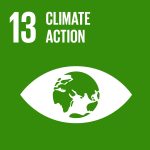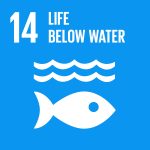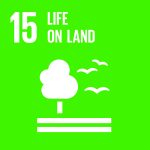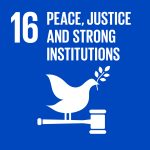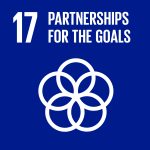Esta web utiliza cookies para que podamos ofrecerte la mejor experiencia de usuario posible. La información de las cookies se almacena en tu navegador y realiza funciones tales como reconocerte cuando vuelves a nuestra web o ayudar a nuestro equipo a comprender qué secciones de la web encuentras más interesantes y útiles.
SDGs in Practice : Innovation and Social Impact
Description
Institution
Organizations/areas of the university involved
UniGlow (Strategic Partner), Innovation and Sustainable Development Forum
Country
India
Thiagarajar College of Engineering is a 61-year-old institution located south India, west of Madurai city aims at creating quality professionals to meet the emerging industrial and social needs through innovative teaching, applied research and industrial interaction. With the motto, “Duty is Life.” We strive hard to provide world-class technical education with strong ethical values. The institution also strives for the betterment of society and works towards this goal by innovation.
With an aim to mobilize students on Sustainable Development Goals, a separate forum is created for technical innovation to find solutions for day-to-day problems of the society and organization development whilst developing the skill of students. This forum is referred to as the “Innovation and Social Development Forum.” This forum aims to produce innovations aligned with the United Nations Sustainable Development Goals. Based on SDGs framework students are given an eight-week plan. The student will follow a systematic process and execute plans towards UN SDGs. By the end of it, they will be able to manage time and learn the dynamics of teamwork. This plan will sensitize them to social and global issues.
The project is implemented in collaboration with Uniglow (A social enterprise partnered with UN for post-2015 development ). UNiGloW – Uniting Initiators for the Glorious World, is an initiative put together to bring a positive impact in the world through collective efforts. The project seeks to involve young minds in collaborative endeavours to develop real-time employability skills while encouraging sustainable development.
UNiGlow, aims to educate individuals at the grassroots level about management tools. The training sessions and workshops are provided to offer support for attaining measurable and sustainable impact.
Results and impact measured or expected
The impact is measured based on the number of UN Goals tackled, the number of students involved in the projects, volunteers hours spent, number of lives touched and the number of implementations done
Results from the first phase are as follows.
After registration and shortlisting, 9 teams were selected to implement projects aligned with different UN Goals
Teams had a mix of implementation both within the campus and society
Over 9 UN Goals tackled with local actions
Over 50 implementations done to implement UN Global Goals in Local context
Five students’ led workshops organized on skill development.
Each participant on an average spent 30 hours in the program. In the first phase, 50 students were involved leading to total 1500 volunteer hours.
Three Apps development in progress for eradicating food waste, Effective information transfer, Improving mental health
Three strategic partnerships made over 85% of the student involved was shortlisted for job offers or started their entrepreneurial ventures
Connection with the SDG framework
To make the participants aware of UN SDGs, a day-long workshop is conducted by Uniglow to connect the existing social Impact with UN Global goals. The workshop emphasised on the diverse phases involved in the social impact project. In alignment with SDGs, the participants were trained in proper planning, establishing clear goals and objectives, suitable methods for execution and grass-root level implementation. This leads to finding an effective solution for the problem which will benefit society. Following the workshop participants will come up with an eight weeks plan. In the course of eight weeks, participants would select an issue related to one of the SDGs, Analyze the root causes, find solutions, implement the solutions in a small target group and scale it up based on the success of the solutions. Thus creating a global impact through local actions.
Barriers and follow up
Main Barriers: 1.Getting support from the stakeholders, as this activity is beyond the regular academic works. 2. Getting a proper team and sustaining the motivation. 3. Getting the implementation done within the given time 4. Following up with the teams to complete the execution of the project along with other academic commitments.
Ways We Overcame:
We overcame this by establishing a forum with dedicated coordinators. Clear goals were established with the management with benefits explained. Hence, we had the support of the management and other stakeholders. Participation in this initiative was open to all students but with a competitive selection process to ensure we get only committed students. With sustained efforts we got 9 teams to work on different SDGs at the local level.
Future Plans: As the next stage, we are planning to scale up the impact 5 times. Increase teams by 5x. With every project, we would be creating a blueprint for global impact from local actions, which could potentially bring a transformation in the education system.
Education 4 SDG funciona gracias a WordPress
